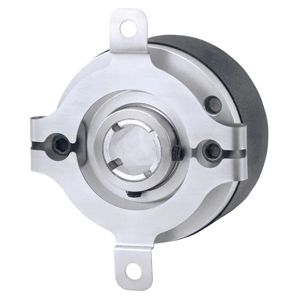
Sensors, Transducers
Sensors & Transducers: Precision Measurement Solutions for Modern Applications
Definition & Overview
Sensors and transducers are critical components in modern electronics and industrial systems, designed to detect, measure, and convert physical phenomena (such as temperature, pressure, motion, or light) into electrical signals. While sensors focus on sensing environmental changes, transducers go a step further by converting one form of energy into another (e.g., mechanical to electrical). These devices are foundational in automation, IoT, automotive systems, healthcare, and smart manufacturing.
Types of Sensors & Transducers
- Environmental Sensors Measure temperature (thermocouples), humidity, air quality, and gas presence.
- Motion & Position Sensors Include accelerometers, gyroscopes, and proximity sensors for navigation and object detection.
- Pressure & Force Sensors Used in industrial machinery, automotive systems, and medical devices.
- Optical Sensors Detect light, color, or infrared signals (e.g., photodiodes, LiDAR).
- Electrical Transducers Convert signals like voltage, current, or resistance into measurable outputs.
- Biometric Sensors Enable health monitoring (e.g., heart rate, SpO2) in wearables and medical equipment.
Buying Guide
- Application Fit: Match sensor specifications (range, accuracy, response time) to your use case (e.g., high-precision industrial vs. consumer-grade IoT).
- Output Type: Ensure compatibility with your system (analog, digital, I2C, SPI).
- Environmental Durability: For harsh conditions (extreme temps, moisture), prioritize IP-rated or ruggedized models.
- Certifications: Look for industry-standard compliance (ISO, CE, RoHS) for reliability.
- Supplier Support: Choose vendors offering technical documentation, calibration services, and long-term availability.
By selecting the right sensor or transducer, you enhance system efficiency, data accuracy, and operational safety key drivers in today s connected, automated world.
Found 0 items
